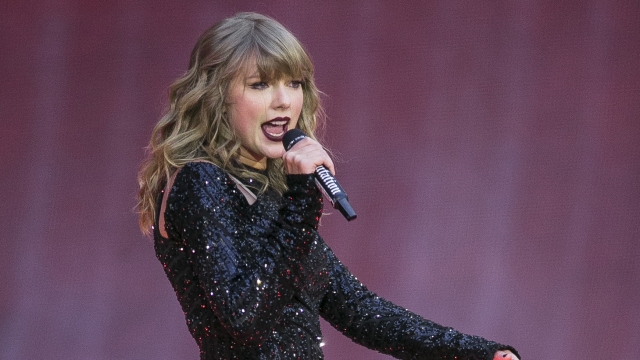Taylor Swift's upcoming "Eras" tour is this year's hottest ticket, but the ticket sale fiasco from last year has garnered Ticketmaster some bad blood. The company is facing two lawsuits from fans and looming investigations from states' attorneys and the Department of Justice, all focused on accusations of anticompetitive conduct.
"They're saying that Ticketmaster has such control over the marketplace for tickets and venues that it's basically unfair competition and a violation of the antitrust laws," said Bryan Sullivan, an entertainment lawyer.
Ticketmaster controls 80% of the market for ticketing and live concerts, which includes its own ticket resale platform. The company is also part of Live Nation Entertainment, which owns and manages some of the largest music venues in the country.
Critics argue that because of the way Ticketmaster and Live Nation Entertainment can collect fees from nearly every part of the ticketing, ticket reselling and concert-going process, the company has "conspired with stadiums to force fans to buy more expensive tickets."
Billboard estimates the company will collect between $9 million to $13 million in fees for Swift's upcoming tour.
Although it's clear the company has a huge control of the market, is that enough to argue Ticketmaster is acting unfairly?
"It's not necessarily just that they control it, but they have to engage in certain conduct that restricts, restrains other competitors from entering into the field," Sullivan said. "If they're able to achieve that level of success based on their superior services and products, business acumen or just through the mergers and acquisitions that they've done, which were fair and aboveboard, then the law allows them to control that level of the market."
The criticism of Ticketmaster is a common refrain in the music industry. In 1994, the Department of Justice and the band Pearl Jam took the company to court for its service fee policies and exclusive deals with concert venues.
Pearl Jam lost that legal battle, but Ticketmaster has been under scrutiny ever since — especially in 2010, when the Justice Department approved a $2.5 billion merger between Ticketmaster and Live Nation.
The New York Times called it "a colossus unlike anything the industry has ever seen," but proponents of the merger argued it would streamline the business.
"So much has changed in the 30 years with the internet, and then you have the added reselling ticket platforms," Sullivan said.
Back in December, a statement from Live Nation said the company "takes its responsibilities under the antitrust laws seriously" and that Ticketmaster "does not embrace deceptive and questionable secondary ticketing practices."
Music fans are closely watching the Swifties' lawsuits, but the issue could affect other major concert tours in the future.
"If this happens again — with Beyonce's concert or with another major concert that has that kind of flooded bid from the marketplace to buy tickets instantly — it will fuel the flames of the plaintiffs to give them more evidence because they will say, 'It happened again. This was not an isolated incident.'"
Experts say the lawsuits against Ticketmaster could take about two years, long after the "Eras" stadium tour ends.


